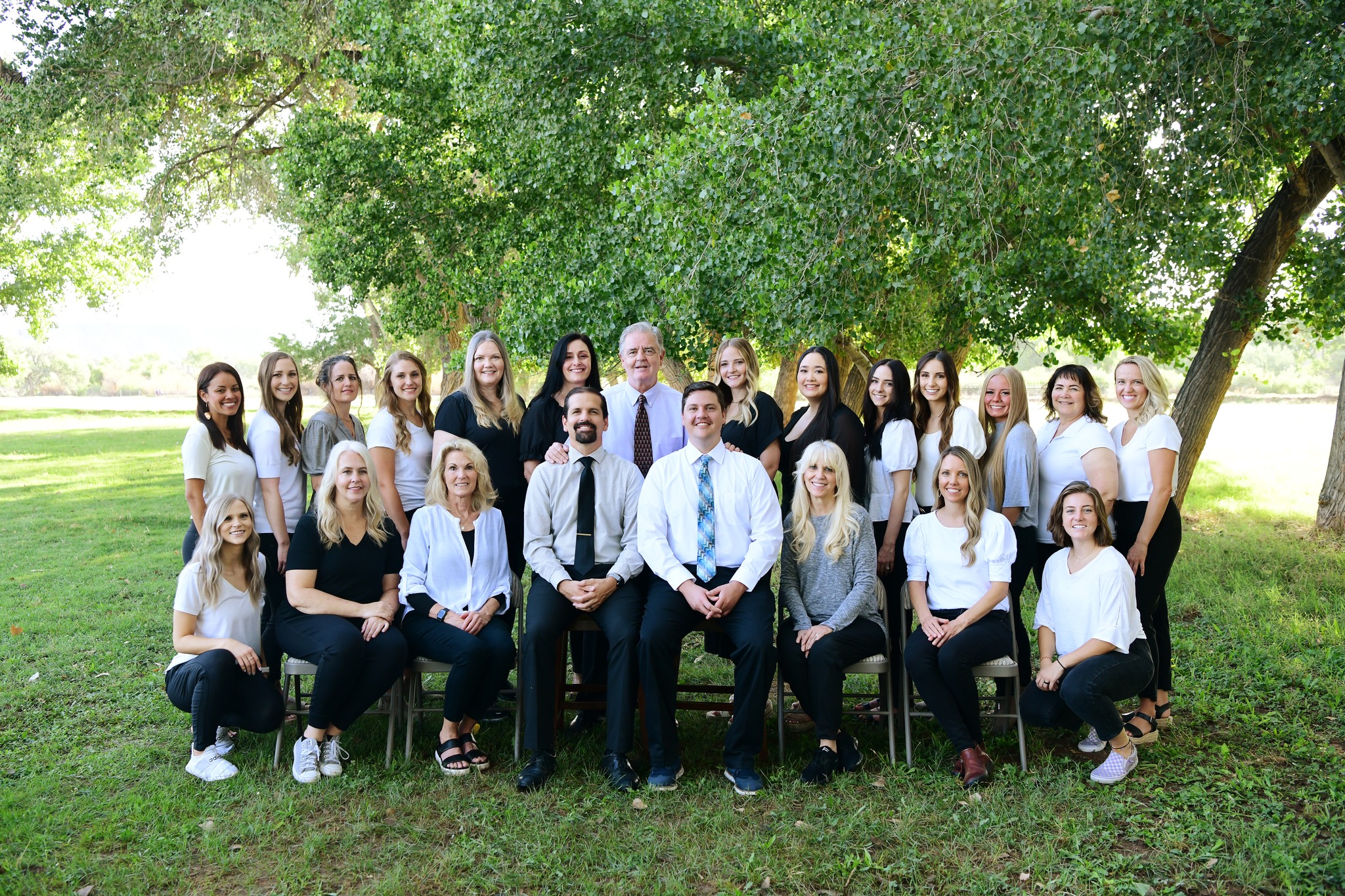Important Healing Tips When Removing Wisdom Teeth

Many times, removing the wisdom teeth is the best option—mostly when they start to create problems for your oral health. If the dentist slates you for wisdom teeth removal, you do not need to worry. However, you need to be cautious and observe all the aftercare guidelines to ensure complete healing and avoid possible complications.
The importance of aftercare
Millions of Americans go through wisdom teeth removal yearly, according to the Academy of General Dentistry. Aside from the brief bleeding, swelling, discomfort and aching following the surgery, most people recover quickly. However, you should know that of all surgical complications, dry socket is the easiest to prevent.
Dry socket occurs when a freshly formed blood clot in the socket dissolves or dislodges, revealing the bone and nerve endings. Aside from the typical excruciating pain, patients may also experience bad breath and an unpleasant taste in the mouth, inflamed lymph nodes, mild fever and exposed socket bones.
To avoid the problems that may follow wisdom teeth removal, follow the instructions below.
Bleeding
Bleeding is normal; to manage this, place a gauze pad on the affected area for 30 minutes after surgery. For heavier bleeding, apply pressure on the gauze pad with your teeth or fingers continuously for 30 minutes before replacing the pad. Alternatively, you can place a wet tea bag for the same period. Tea contains tannic acid that helps with blood clotting.
Diet
When the bleeding subsides, drink plenty of lukewarm or cool water for proper hydration. Consume regular meals, but start with soft foods and colorless liquids. Frequent food choices include gelatins, mashed potatoes, puddings, eggs, cooked cereals, meats, vegetables and blended fruits.
To prevent the blood clot from dislodging, stay away from carbonated beverages and foods that may leave residue in your sockets, such as peanuts, popcorn or pasta.
Swelling
Place ice packs on the cheeks consistently (20 minutes on, 20 minutes off) for at least two days to alleviate inflammation, bruising or discomfort. If you had an infection before extraction, the dentist might recommend warm, wet compresses instead of ice.
Mouth care
Avoid drinking, eating or speaking for the first two hours after the surgery, and get adequate rest for the rest of the day. To avoid opening up the wound, try not to rinse forcefully or use a straw for drinking. Also, stay away from intense exercise for a few days, excessive spitting and smoking before the bleeding subsides.
12 hours after the surgery, you can rinse your mouth with diluted mouthwash or salt water. Be careful when brushing, avoiding the area as much as possible.
Medications
Use the recommended painkillers and antibiotics for infections according to the dentist’s directions. Note that if you are using powerful narcotic pain drugs, you will be advised not to operate machinery and should avoid alcoholic drinks.
What is the bottom line?
By following the suggested aftercare tips, the pain and swelling should reduce with each passing day. If any of the symptoms—bleeding, swelling, fever—continue, you should immediately seek the advice of your dentist.
For more information or to schedule an appointment with St. George Dental Care, request an appointment in our St George office here: https://www.stgeorgedentalcare.com or call us at (435) 628-9099.
Recent Posts
When it comes to oral health, wisdom teeth regularly make their way into conversations about the problems they often create. But one question that's frequently asked and not as widely discussed is this: can wisdom teeth cause a sore throat? The short answer is yes, they can—but it's not a common symptom. At St. George…
According to the American Journal of Public Health, a wisdom tooth extraction is performed about five million times each year. Also known as the third set of molars, wisdom teeth are the only set of teeth that are not necessary in the mouth. They are a relic of evolution, from a time when humans consumed…
A wisdom tooth extraction is a common surgical procedure that involves the removal of one or more of your wisdom teeth. It is usually performed by a dentist. Wisdom teeth are the permanent teeth that grow at the very back of the mouth. Wisdom teeth, also known as third morals, often grow in before the…
Wondering if it necessary to have an oral surgeon remove your wisdom teeth? Even though dentists can remove your wisdom teeth, they are only able to perform simple extractions. Because oral surgeons have undergone an additional four years of training, they are qualified to perform more complex extractions. Learn more about wisdom teeth removal below.Thinking…


